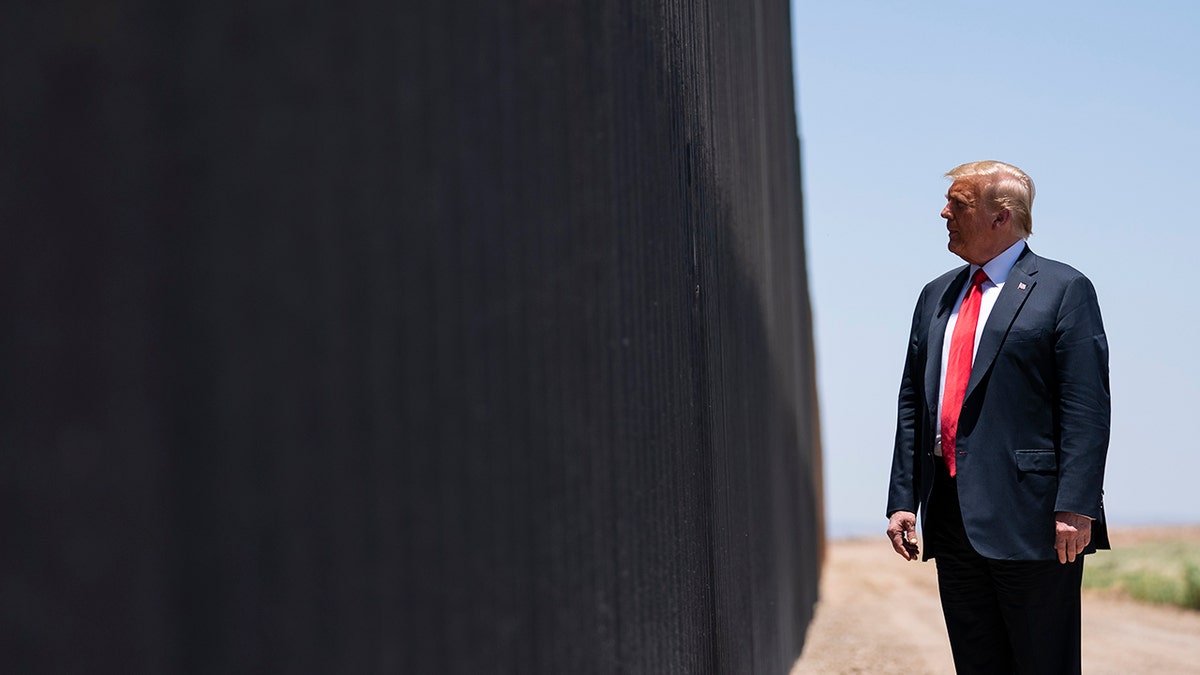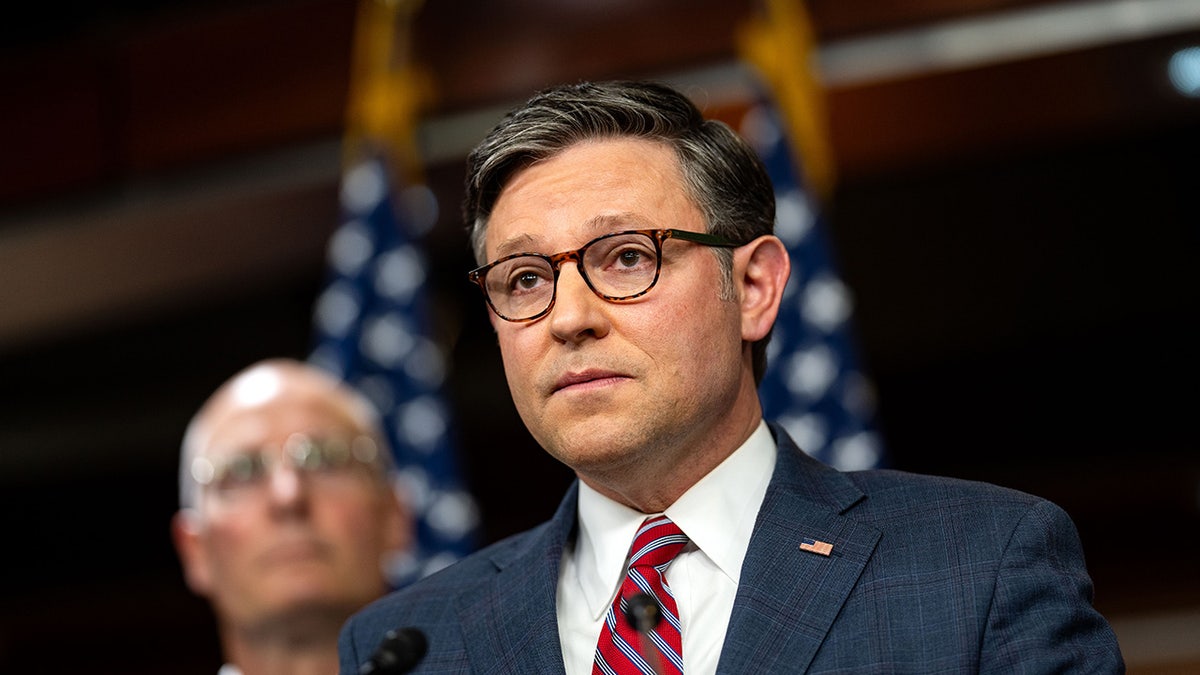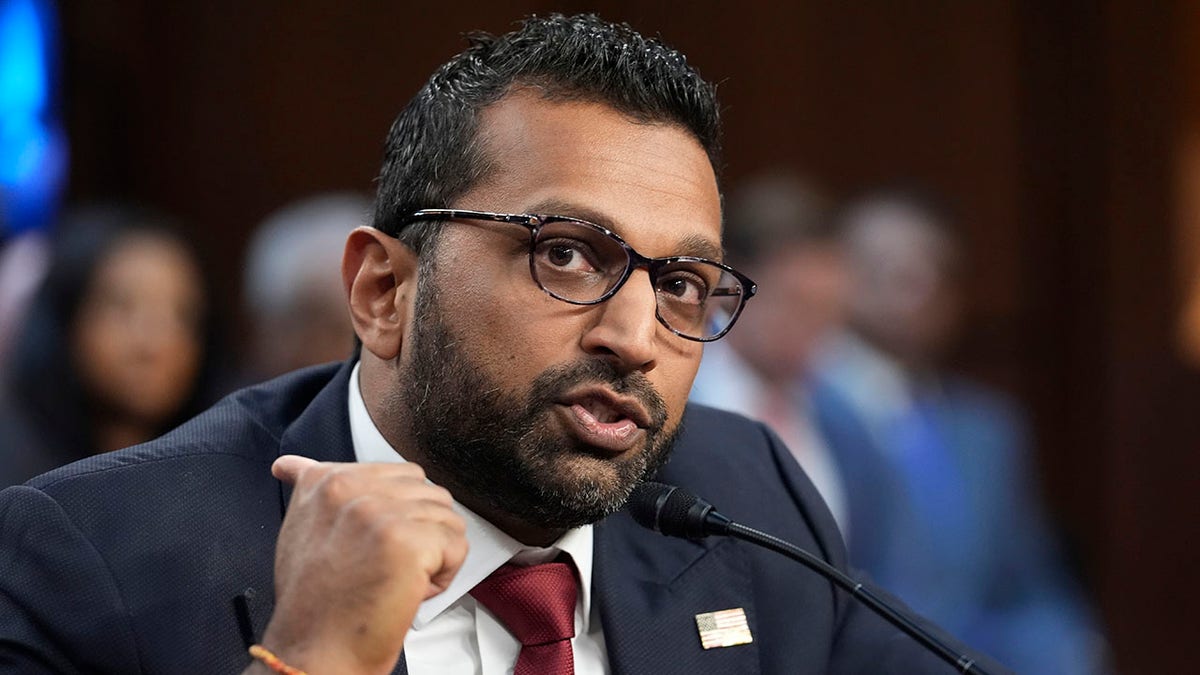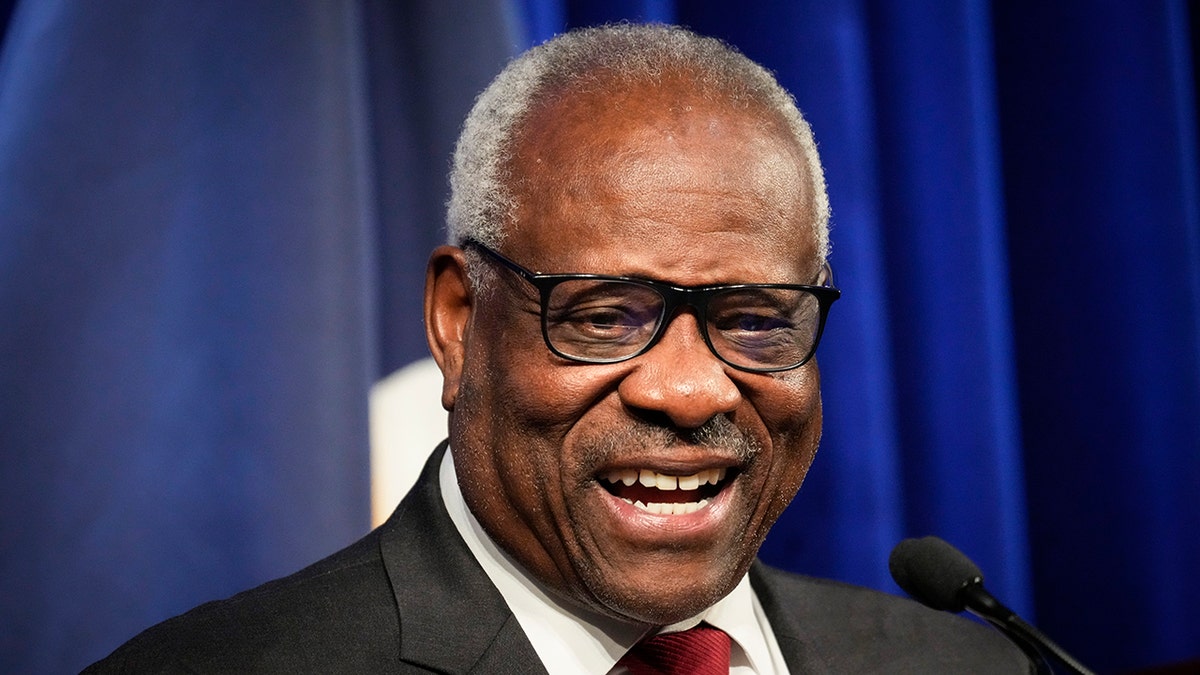Former Border Patrol Chief Ron Vitiello recently discussed the Trump administration's focus on deporting violent criminals and the impact of Trump's leadership on gang activity in the United States. This discussion comes as House Speaker Mike Johnson addressed concerns about the financial implications of Trump's proposed mass deportation plan.
During an appearance on "Meet the Press," Johnson countered arguments suggesting the plan could cost trillions, emphasizing its value as an investment in national security. He highlighted the ongoing border situation and rising grocery prices as key factors influencing the election results, echoing Trump's own statements. Johnson stressed the importance of addressing the border crisis, citing the influx of millions of undocumented individuals and the presence of dangerous criminals within the country.
He underscored the link between border security and public safety, emphasizing the need to remove criminal elements. Johnson pointed to the "untold humanitarian cost" associated with human trafficking and fentanyl-related deaths as compelling reasons to prioritize border control. He reiterated that addressing these issues aligns with the desires of the American public.

Johnson firmly stated that the government's primary responsibility is citizen protection, arguing that a porous border undermines safety, security, and national sovereignty. He expressed confidence that Trump will fulfill his campaign promises regarding immigration, despite the associated costs, characterizing the expenditure as a worthwhile investment.

When pressed on the potential trillion-dollar price tag, Johnson dismissed the figure as speculative, stating that the exact cost remains undetermined. He expressed confidence in public support for the initiative, particularly its focus on removing dangerous individuals, and predicted a noticeable positive impact on the nation.
Beyond border security, Johnson addressed concerns about rising grocery prices. He argued that these costs would decrease under Trump's leadership through a return to responsible fiscal policies and practical governance. He expressed confidence in the Trump administration and Congress's ability to revitalize the economy by reducing both the tax and regulatory burdens on American citizens, mirroring policies implemented during Trump's first term.








